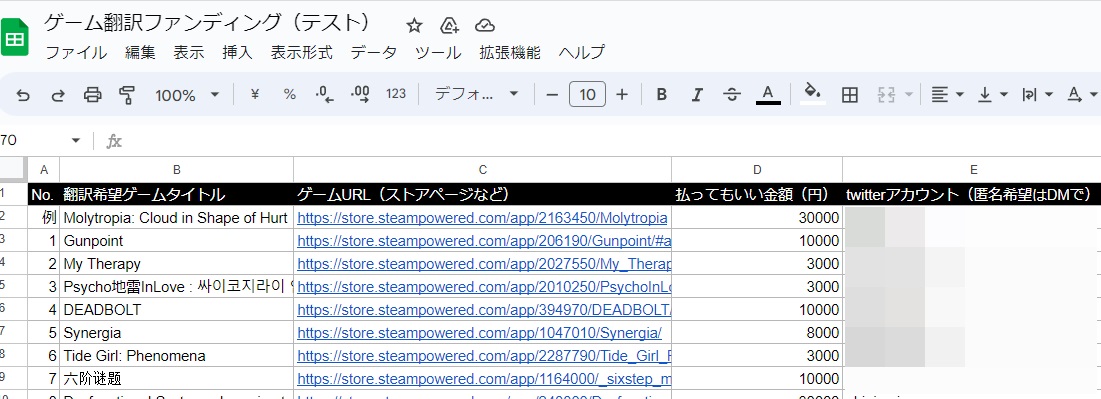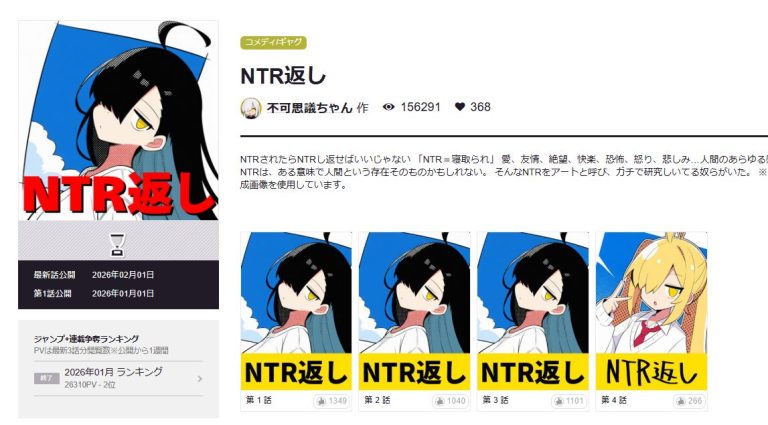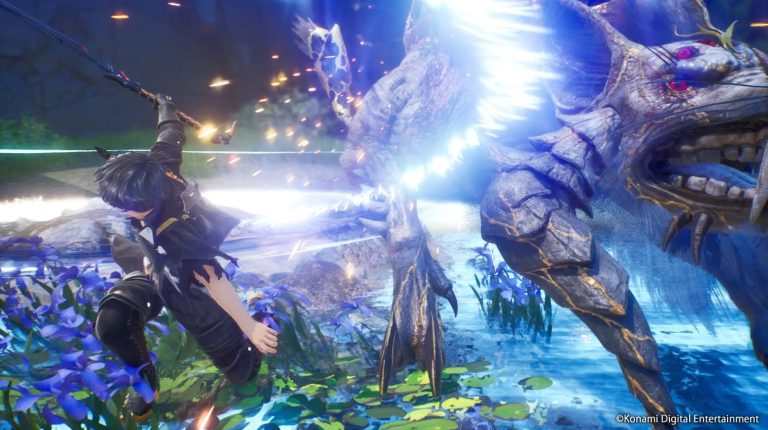“I want to play this game, but it hasn’t been translated into my language.” There are likely many gamers who have experienced this feeling. With that in mind, an English to Japanese translator decided to create a spreadsheet of titles that gamers want translated into Japanese, and the amount of money they would be willing to provide for funding.
Each row of the spreadsheet, which was created in Google Sheets and is titled Game Translation Funding, is added by users and lists the game title that they want translated, the amount that they are willing to contribute to funding, and their own Twitter account handle. Only one day after the spreadsheet was released, over 150 game titles had already been added to it. But what brought about the idea for this spreadsheet, and what is the intention behind it? We contacted the spreadsheet’s creator, nicolith, to find out.
The obstacles to Japanese language support

nicolith was motivated to create the spreadsheet after learning about the Japanese translation of a horror game titled flesh, blood, & concrete. The game was translated into Japanese after a fan themselves provided the necessary funding.
When we asked nicolith how they envisioned this spreadsheet being used, they explained that in the most ideal scenario, translations of these games would be made a reality after enough funding could be collected from users in the spreadsheet. They noted that “Japanese localization costs are far too high for indie game developers, but at the same time, translators aren’t getting paid enough.”
Realistically, however, it would be very difficult to raise the required funding just from those users in the spreadsheet. nicolith is also aware of this, and it does not appear to be their true aim. By getting users to participate, they hope that developers will be able to see the demand for their games in the Japanese market.
The true aim
nicolith is an English to Japanese translator, and during their discussions with developers from outside of Japan, they found one of the most common issues to be that these developers don’t understand the needs of the Japanese market. As they are unable to predict how much revenue they can make from adding Japanese language support, they cannot make a judgment call on whether it would be worth devoting funds towards Japanese localization.
In relation to this, they shared a story about the Russian visual novel Tiny Bunny, the Japanese translation of which is being handled by nicolith. The game has been highly successful, with almost 10,000 reviews on Steam and an Overwhelmingly Positive status. However, the developer could not predict the demand for Japanese language support. When nicolith posted a tweet saying that they would be handling the game’s official Japanese translation, the developer was surprised by the greater than expected response.
The number of Japanese people in the global indie game community is incredibly low, and as a result, overseas developers find it very difficult to gauge the demand for their games in the Japanese market, and there is the belief that foreign games are not that popular in the country. nicolith hopes to use their spreadsheet to show developers what Japanese players want.
Publishers and developers often say that the decision to add Japanese language support is dependent on the wishlist numbers for that game on Steam. If it all works out, perhaps nicolith’s spreadsheet will act as tangible data that can be viewed in a similar manner to Steam wishlist numbers.
nicolith also noted that as far as they knew, there was no resource that compiled recommended games that remain untranslated. While not their primary aim, nicolith would be more than happy for the spreadsheet to also double as a place where users can discover these untranslated games.
Another barrier that stands in the way of overseas indie games being translated into Japanese is the fact that before even getting to the translation stage, there are very few people who are able to negotiate with creators behind the games. nicolith believes that there is value in developers knowing that there are people out there, including nicolith themselves, who can take on such a role.
First, a proposal
Nevertheless, there are, of course, many conditions and rights to consider when money is involved, and this is something that nicolith is deeply aware of. Even if there is still much to think about later on, for now, they have made a resource that people can use to understand the needs of Japanese gamers.
In addition to regular gamers, a wide variety of users are contributing to the spreadsheet, including translators and members of the gaming media in Japan. We still don’t know how this spreadsheet will end up being used in the long run, but it will be interesting to keep an eye on it as a new endeavor related to game localization.
Written by. Marco Farinaccia based on the original Japanese article (original article’s publication date: 2023-04-12 21:34 JST)





